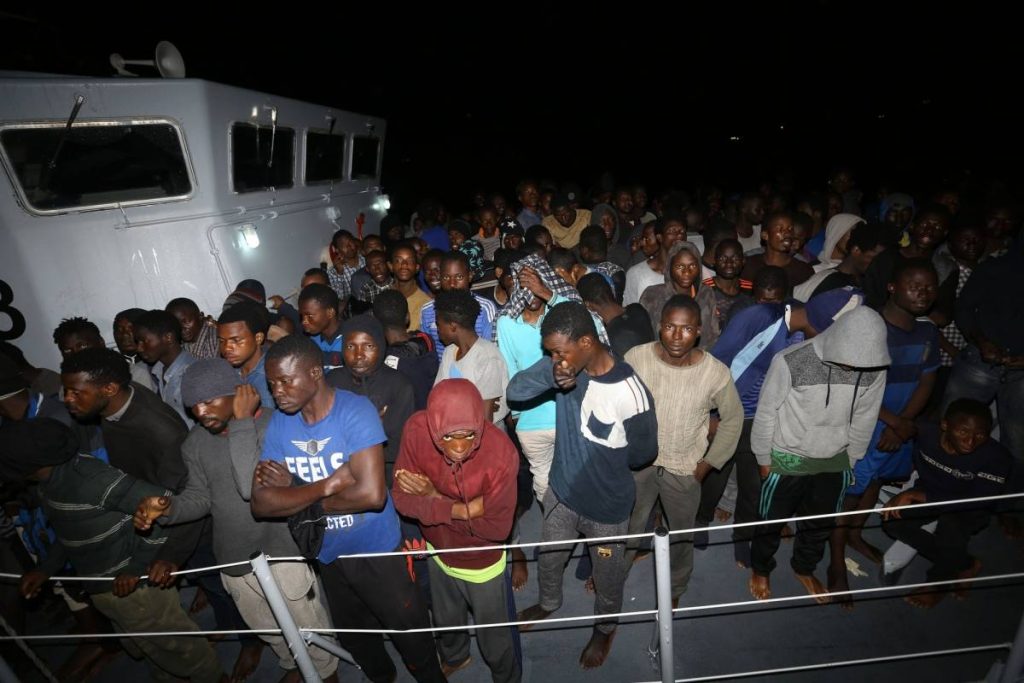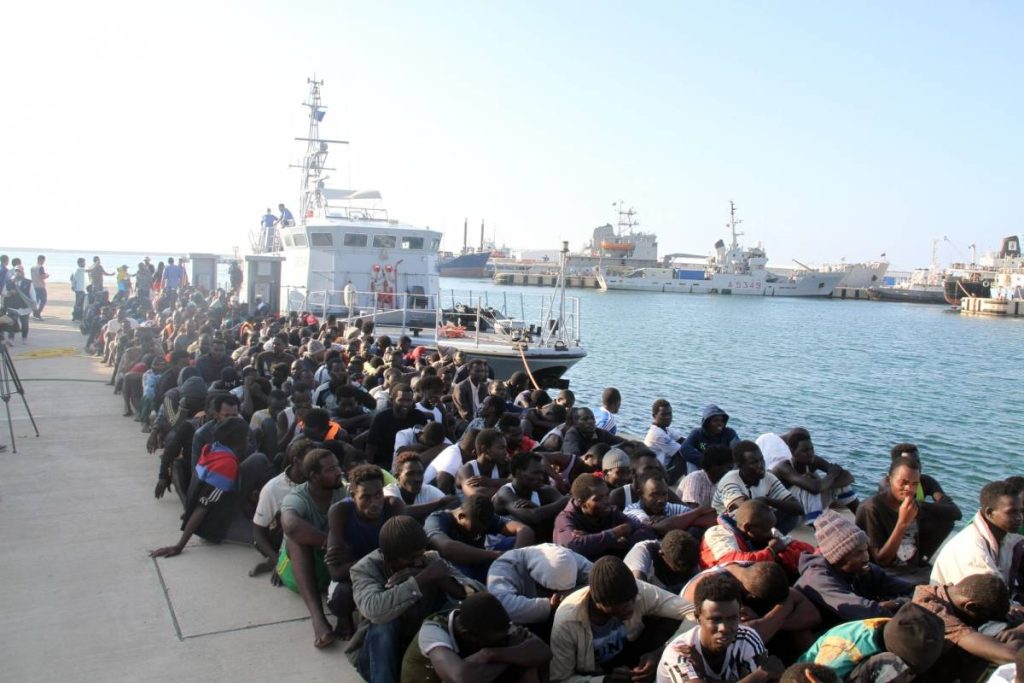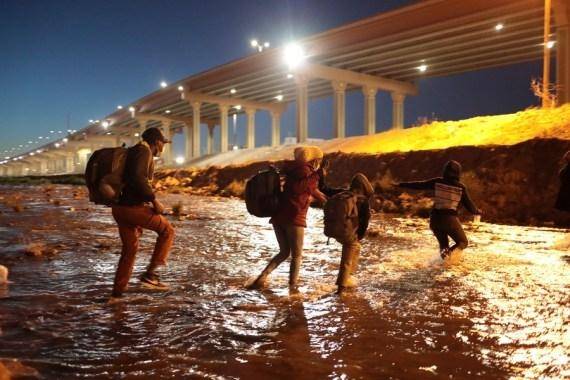According to WHO report, Climate change, rising inequality, conflicts, trade, and population growth are accelerating these trends…reports Asian Lite News
Globally one in eight or over one billion people today are migrants with 281 million international migrants and many million individuals who are stateless, according to World Health Organization (WHO).
Climate change, rising inequality, conflicts, trade, and population growth are accelerating these trends, WHO said in a statement. The health workforce has a vital role in providing for the health rights and needs of refugees and migrants.
With an aim to support countries and territories to build professional competence and capacity to adequately address refugee and migrant health issues, WHO is organizing the third edition of its annual Global School on Refugee and Migrant Health in Dhaka, Bangladesh with a focus on capacity-building.
“Migration and displacement can have deep and long-lasting impacts on physical and mental health and well-being, and cultural and linguistic differences, financial barriers, stigma and discrimination can all hamper access to health services for refugees and migrants,” said Dr Tedros Adhanom Ghebreyesus, WHO Director-General. “Health workers have a crucial role in helping to overcome these barriers. The WHO Global School on Refugee and Migrant Health is a valuable resource for building the capacity of health workers to better serve refugees and migrants.”

While not all refugees and migrants are vulnerable, they are often due to an array of determinants, from xenophobia and discrimination to poor living, housing, and working conditions, and inadequate access to health services that are people-centred and sensitive to refugee and migrant health needs.
“Human right to health is a right that extends to all people everywhere, especially refugees and migrants. Because to be truly respected, protected and fulfilled, a right must be fully enjoyed by the most marginalized and vulnerable – those at risk of or who are already being left behind, which often includes people on the move,” said Dr Poonam Khetrapal Singh, Regional Director, WHO South-East Asia addressing the participants.
Held in a different location each year, the Global School aims to leverage the learnings and experiences of countries in close collaboration with WHO and governments.
This year over 7.1 million Bangladeshis were displaced by climate change a number that could reach 13.3 million by 2050. Since 1978 the country has also witnessed three major influxes of forcibly displaced Myanmar nationals totalling more than one million people each with unique medical needs and housed in one of the world’s largest and most densely populated camps in Cox’s Bazar.
“Not only has Bangladesh provided them access to free health care – including, most recently, COVID-19 vaccines – but it has also made concerted efforts to address key social, economic, environmental, and legal vulnerabilities,” said the Regional Director.
Over five days 28 November – 2 December, policymakers, UN partner agencies, academia, members of civil society, and stakeholders at the Global School will exchange knowledge and experiences to address key elements of capacity-building. The e-learning hybrid event hosted by the Ministry of Health Bangladesh will be web-streamed globally.

“The yearly Global School on Refugee and Migrant Health is a flagship of the WHO Health and Migration Programme and an opportunity to strengthen the strategic and operational collaboration with Regional and country offices on refugee and migrant health towards the implementation of the Global Action Plan on promoting the health of refugees and migrants 2019-2023 (GAP),” said Dr Santino Severoni, Director of the Health and Migration Programme.
Open to all audiences, the Global School aims to reach a diverse audience of policy makers, health sector managers, and officers working at different levels within Ministries of Health. Researchers, University students, nongovernmental agencies, youth representatives and journalists also participate.
“From each context to the next, no challenge is the same, nor will be the solution. But of critical need to all countries and health systems is a health workforce that is well-trained, culturally sensitive and competent, and which is sensitive to the needs of refugees and migrants, their languages and unique health problems,” said Dr Poonam Khetrapal Singh. (ANI)

Leave a Reply